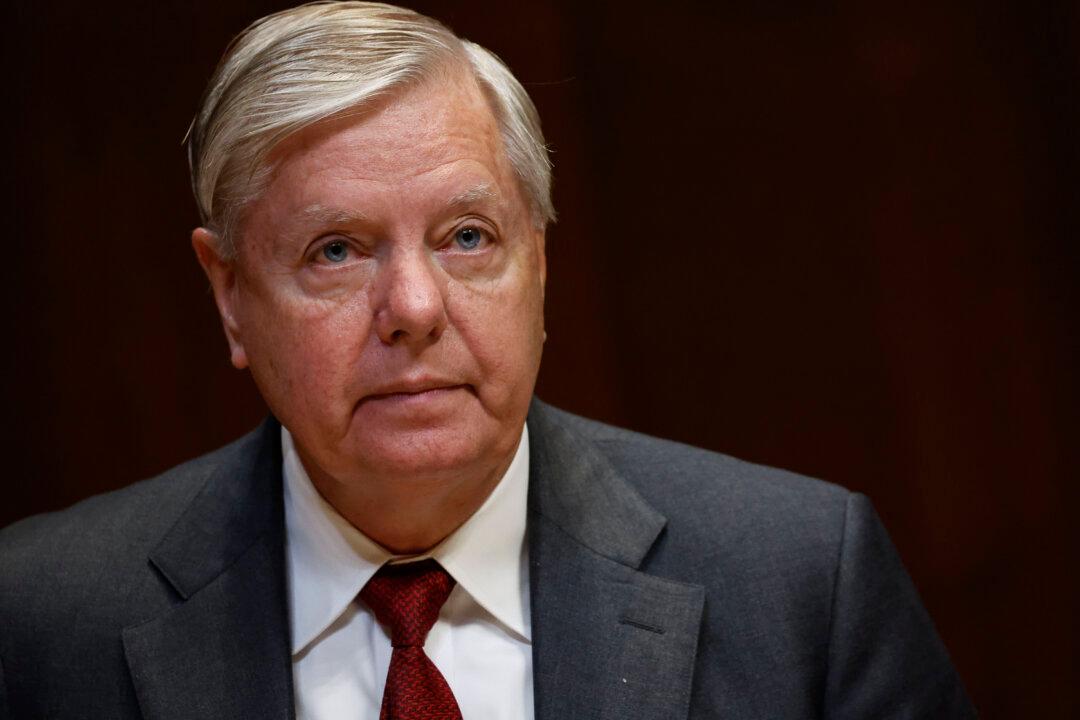Sen. Lindsey Graham (R-S.C.) must testify to a grand jury in Georgia investigating the 2020 presidential election, the U.S. Supreme Court ruled on Nov. 1.
In an unsigned order (pdf), the court rejected Graham’s request for a stay and an injunction pending appeal.





